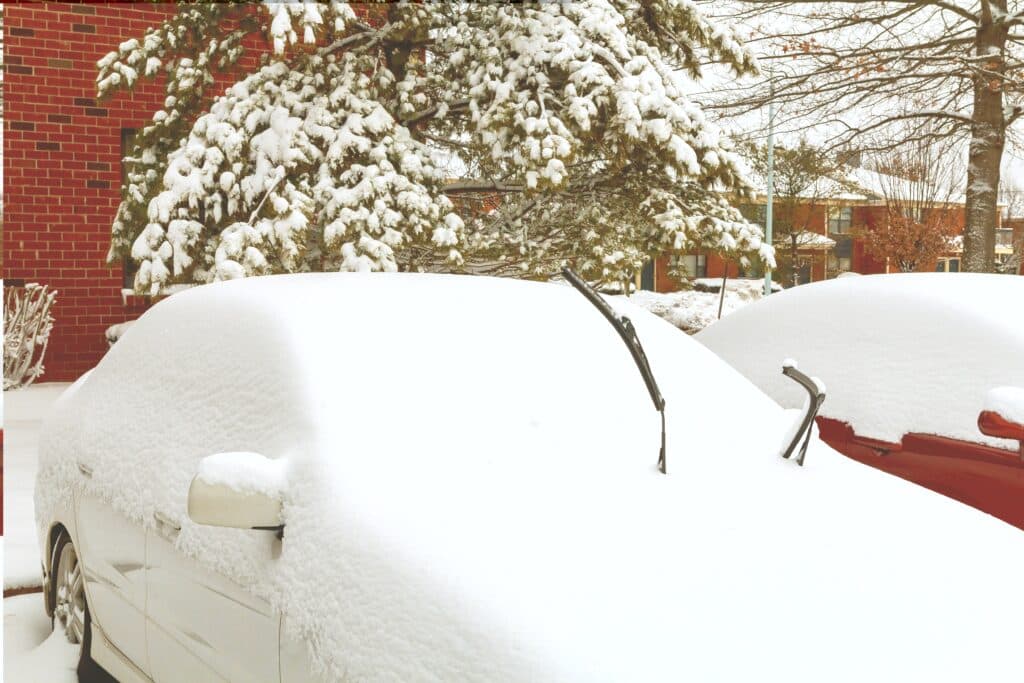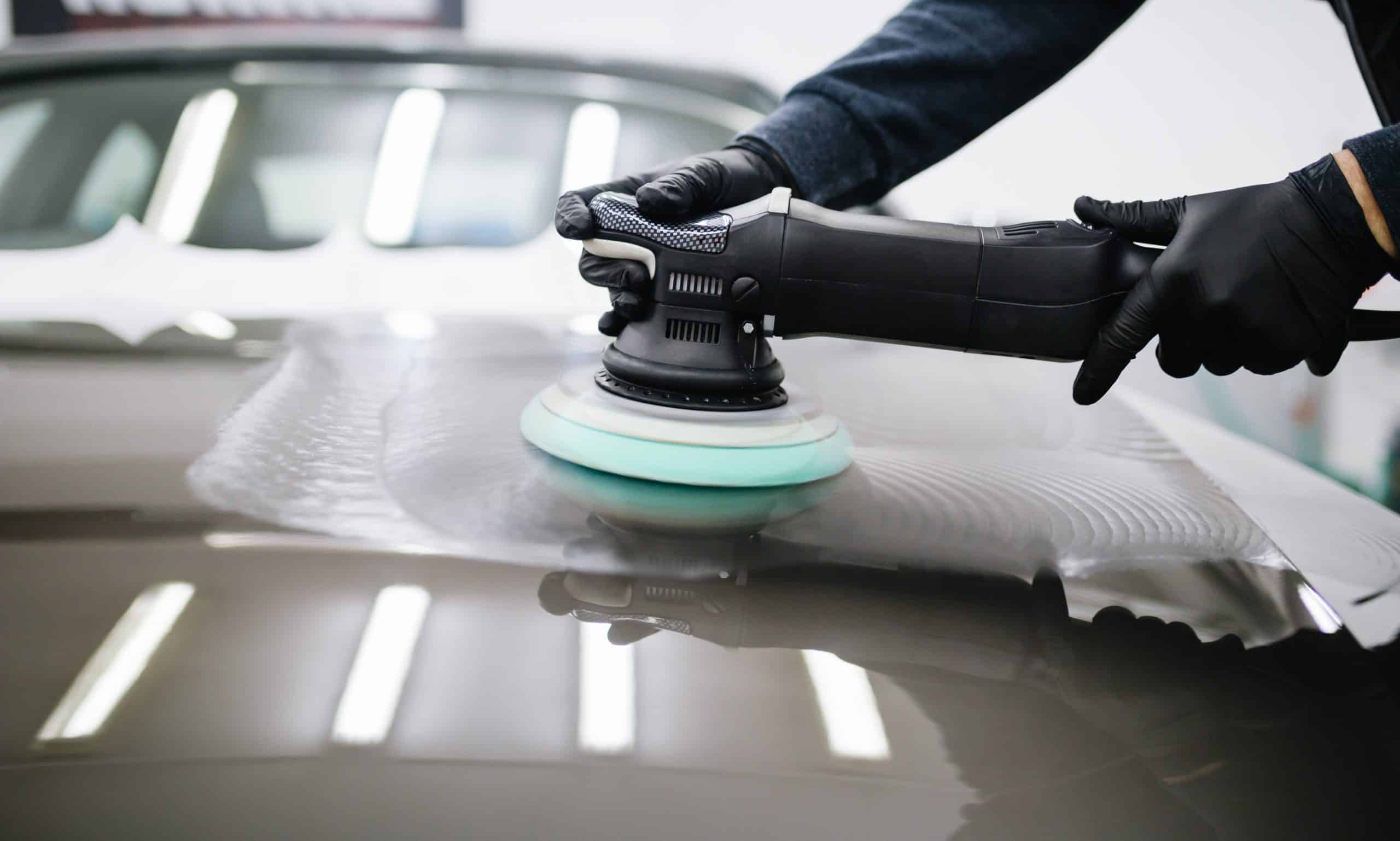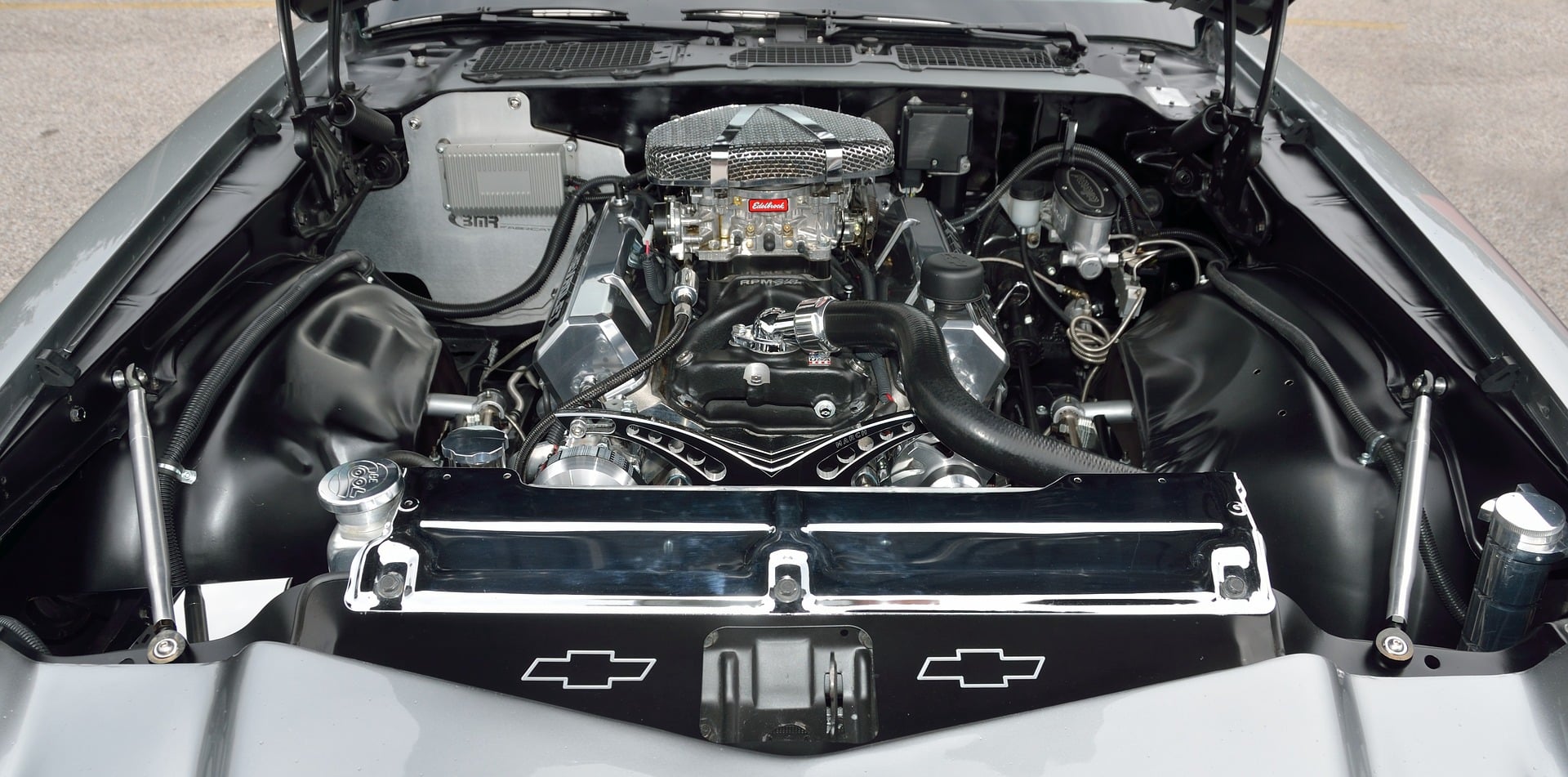As the cold sets in, ensuring your car’s battery remains resilient is important. Discover essential cold weather car battery maintenance tips to keep you confidently on the road.

As the temperature drops and winter blankets the landscape with frost and snow, your car’s battery faces new challenges. Cold weather can significantly affect the performance of your car battery, leaving you stranded on a freezing morning if not properly maintained. In this article, we’ll explore the impact of cold weather on car batteries and provide essential maintenance tips to ensure your vehicle stays charged and ready to go during the cold months.
Understanding the Cold Weather Challenge
Car batteries are electrochemical devices that convert chemical processes into electrical energy, providing the necessary power to start your vehicle and operate various systems. However, cold temperatures can impair the battery’s ability to generate and deliver electrical energy effectively.
In cold weather, the chemical reactions within the battery’s cells slow down. This reduces the battery’s overall capacity, making it harder to produce the high current needed to start the engine. Additionally, cold temperatures increase the internal resistance of the battery, hindering its ability to deliver power efficiently. The combination of reduced capacity and higher internal resistance can lead to a dead or weak battery, leaving you stranded in the cold.
Essential Cold Weather Battery Maintenance Tips
1. Keep Your Battery Warm
Parking your car in a garage or using a car cover can help shield the battery from extreme cold temperatures. If a garage isn’t available, consider using a battery insulation blanket or wrap to keep the battery warmer and maintain its performance.
2. Limit Short Trips
Frequent short trips in cold weather can put a strain on the battery. The alternator, which charges the battery, needs sufficient time to recharge it after starting. Longer drives allow the alternator to replenish the battery’s charge more effectively. Consider combining errands to reduce the number of short trips and give your battery a chance to charge properly.
3. Turn Off Accessories
Cold weather already demands more power from your battery to start the engine. Minimize additional power consumption by turning off accessories like lights, heaters, and entertainment systems before starting the car.
4. Check Battery Connections
Corroded or loose battery connections can hinder the flow of electrical current. Regularly inspect the battery terminals for signs of corrosion and clean them with a mixture of baking soda and water if needed. Ensure that the terminals are securely tightened to maintain good contact.
5. Get a Battery Check
If your battery is older or has shown signs of weakness, it’s a good idea to get it tested before the cold weather sets in. Many auto parts stores offer free battery testing services. If the battery is nearing the end of its life, consider replacing it to avoid potential issues during the winter months.
6. Invest in a Battery Warmer
For extreme cold climates, battery warmers can be a valuable investment. These devices help keep the battery at an optimal temperature, ensuring it’s ready to deliver power when you need it most.
7. Drive Regularly
Regularly driving your car helps keep the battery charged and prevents it from losing its charge due to inactivity. If you have a second vehicle, alternating between them can also help maintain the charge in both batteries.
8. Use a Battery Maintainer
A battery maintainer, also known as a trickle charger, can keep your car battery charged during periods of inactivity. This is particularly useful during the colder months when you might not drive your car as frequently. A battery maintainer delivers a low, steady charge that prevents the battery from discharging completely and prolongs its life.

Emergency Preparedness in Cold Weather
Despite taking preventive measures, sometimes unexpected situations arise. To prepare for potential battery-related issues during cold weather, consider keeping the following items in your car:
- Jumper Cables: Having jumper cables on hand can help you start your car using another vehicle’s battery in case yours fails to start.
- Portable Jump Starter: A portable jump starter is a compact device that can jump-start your car without the need for another vehicle. It’s a convenient solution if you’re stranded in a remote location.
- Emergency Kit: Keep a well-stocked emergency kit in your car, including items like blankets, warm clothing, flashlights, and non-perishable snacks. These essentials can make waiting for assistance more comfortable in cold weather.
Conclusion
Cold weather poses a unique set of challenges for your car’s battery, potentially leaving you stranded if not properly maintained. By following these cold weather battery maintenance tips and being prepared for emergencies, you can ensure that your vehicle remains reliably charged even in the coldest conditions. Regular checks, preventive measures, and a bit of foresight can go a long way in keeping your car ready to tackle the winter roads.
FAQs
How does cold weather affect car batteries?
Cold temperatures slow down the chemical reactions within the battery’s cells, reducing its capacity and increasing internal resistance. This makes it harder for the battery to deliver the high current needed to start the engine.
Can a car battery freeze in cold weather?
Yes, car batteries can freeze in extremely cold temperatures, especially if their charge is low. A frozen battery can lead to damage and reduced performance.
How can I prevent my car battery from freezing?
Keeping your car in a garage or using a battery insulation wrap can help prevent the battery from freezing. Additionally, ensuring the battery is fully charged and maintaining proper electrolyte levels can reduce the risk of freezing.
How often should I check my battery during the winter?
It’s a good practice to check your battery’s health and connections before the winter season begins. Regularly monitor the battery’s performance and condition throughout the cold months.
Can I jump-start my car in cold weather?
Yes, you can jump-start your car in cold weather, but it’s important to use caution and follow proper procedures. Cold weather can affect the efficiency of jump-starting, so it’s a good idea to have a portable jump starter as a backup.
What’s the lifespan of a car battery in cold weather conditions?
Cold weather can shorten the lifespan of a car battery due to the increased strain on the battery’s capacity and internal components. On average, car batteries last about 3 to 5 years, but extreme cold can impact this timeline.
Can a car battery lose its charge in cold weather?
Yes, cold weather can cause a car battery to lose its charge faster, especially if the battery is older or weak. It’s essential to keep the battery fully charged and take preventive measures to maintain its performance.
Is it necessary to warm up my car in cold weather?
While warming up your car’s engine can be beneficial for its overall performance, it doesn’t significantly impact the battery’s cold weather performance. Focus on keeping the battery warm and maintaining its charge for optimal performance.
What should I do if my car doesn’t start in cold weather?
If your car doesn’t start, first check the battery connections for corrosion and ensure they are secure. If the battery is weak, you might need to jump-start the car using jumper cables or a portable jump starter.
Are there special car batteries designed for cold weather?
Some manufacturers offer batteries with features designed for cold weather performance, such as improved cold cranking amps (CCA). It’s a good idea to consult with an automotive professional to determine the best battery for your specific needs in cold climates.








1 thought on “Cold Weather Car Battery Maintenance: Keeping Your Vehicle Charged in Winter”
It’s well written, with lots of information, and in a very comprehensible way, even for someone like me. Reading this article has made me reallize there’s so much more to car batteries than you might think.